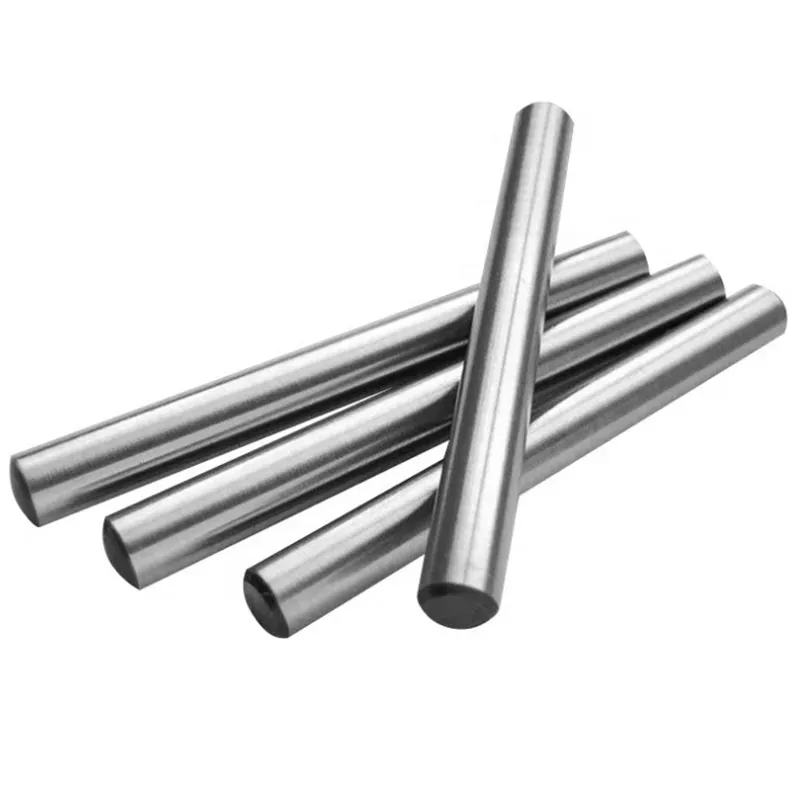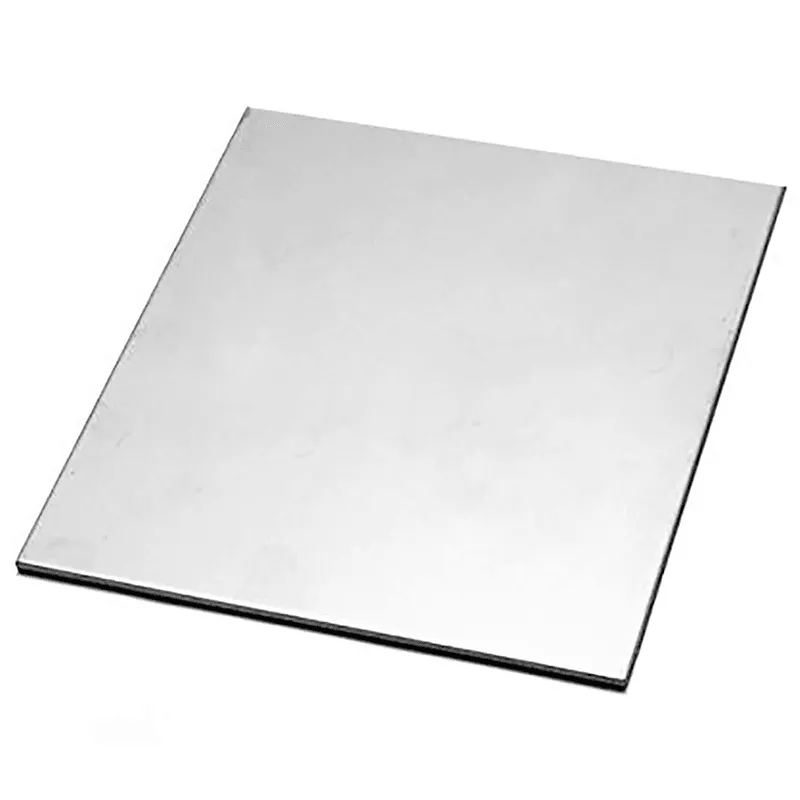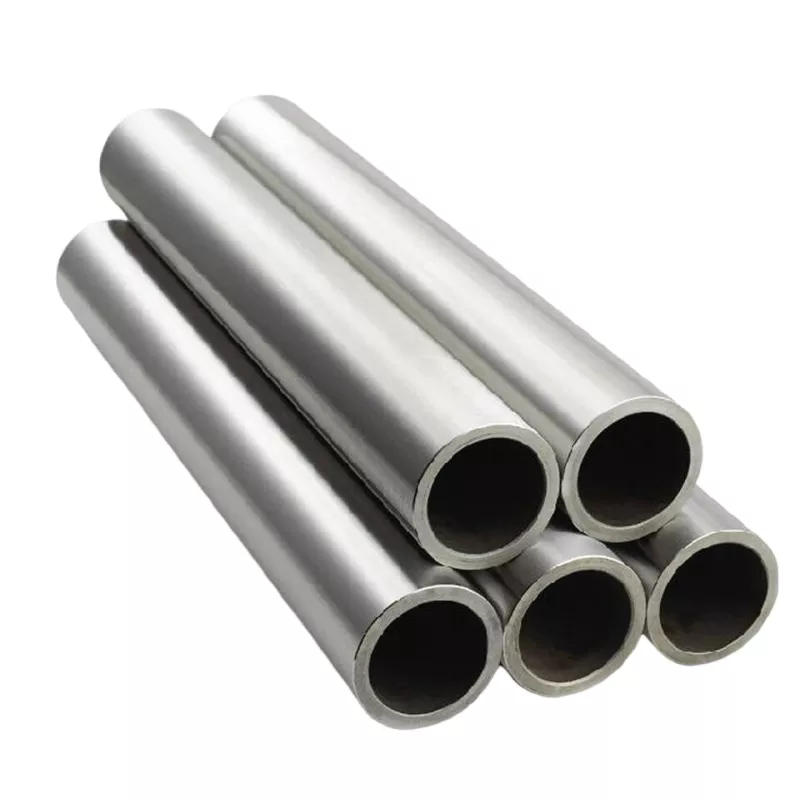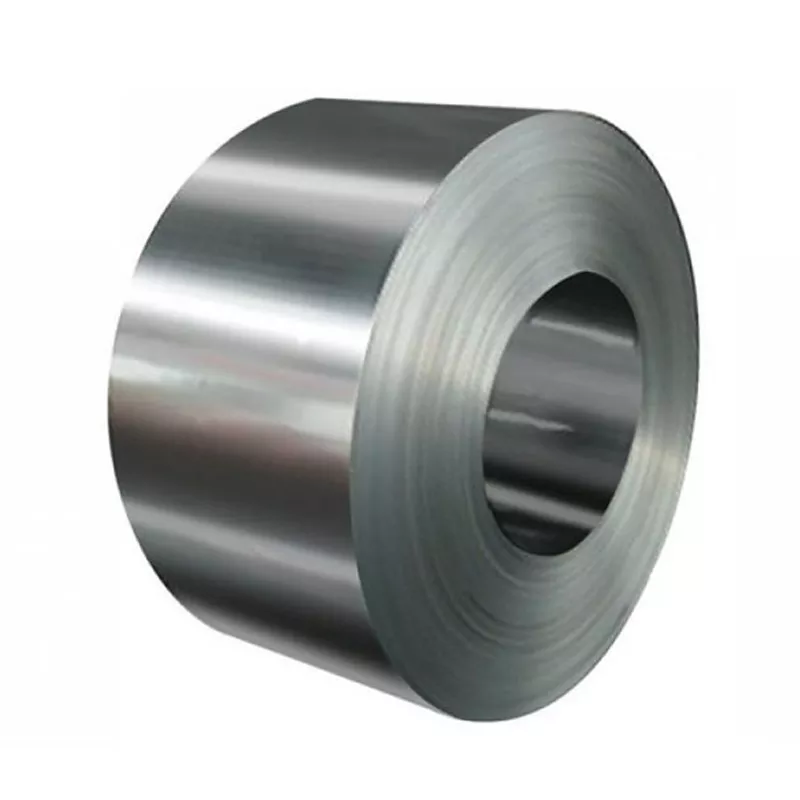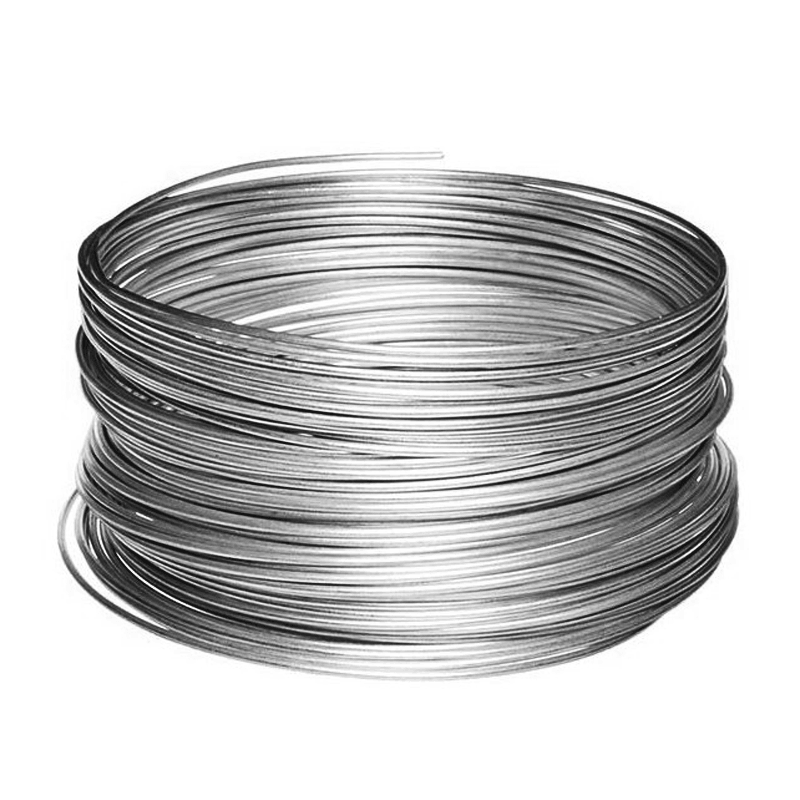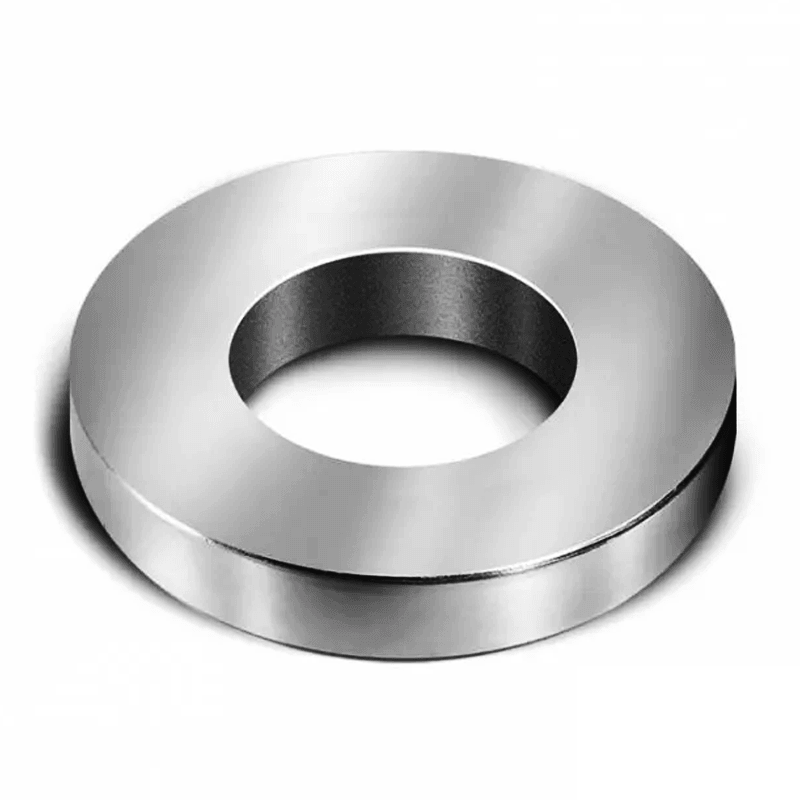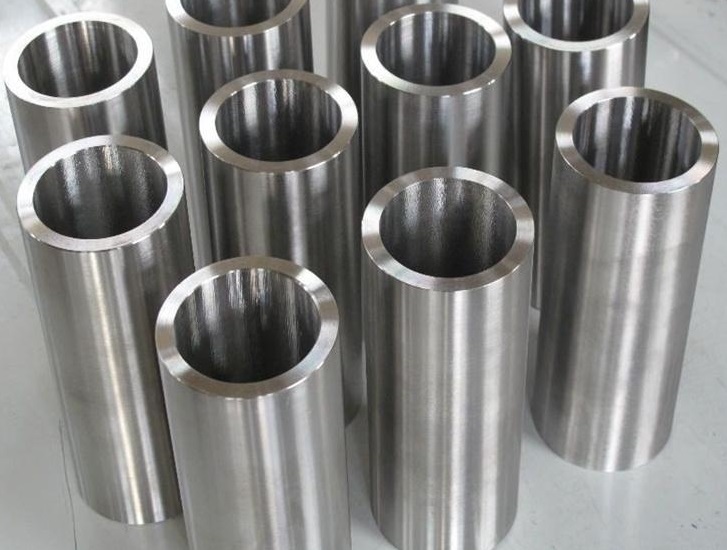Titanium pipes is a versatile metal known for its high strength-to-weight ratio, corrosion resistance, and biocompatibility. These properties make it an ideal material for various applications, including the production of titanium pipes (Ti pipes and Ti tubes). In this article, we will explore the applications and advantages of titanium pipes in different industries.
Applications of Ti pipes and Ti tubes
1. Aerospace Industry:
Titanium tubing are widely used in the aerospace industry due to their lightweight nature and high strength. They are used in the construction of aircraft frames, landing gear, and hydraulic systems. The corrosion resistance of titanium pipes also makes them suitable for aerospace applications, where they are exposed to harsh environmental conditions.
2. Chemical Processing:
Tube titanium are commonly used in chemical processing plants due to their excellent corrosion resistance. They are used to transport corrosive chemicals and liquids without the risk of pipe degradation or contamination. Additionally, Ti pipe are often used in the production of chlorine and sodium hydroxide, where corrosion resistance is crucial.
3. Oil and Gas Industry:
Titanium pipes find applications in the oil and gas industry, particularly in offshore drilling operations. Their resistance to seawater corrosion makes them suitable for use in underwater pipelines and offshore platforms. Ti pipes are also used in the production and transportation of corrosive fluids in oil and gas processing facilities.
4. Medical Implants:
Titanium pipes are utilized in the medical industry for the production of implants and surgical instruments. The biocompatibility of titanium makes it an excellent choice for implants such as joint replacements, bone plates, and dental implants. Titanium tubing are also used in medical devices that require high strength and resistance to bodily fluids.
Advantages of Ti pipes and Ti tubes
1. Corrosion Resistance:
One of the most significant advantages of titanium alloy pipes is their exceptional corrosion resistance. They can withstand corrosive environments, including seawater, chemical solutions, and acidic or alkaline substances, without undergoing degradation. This property extends the lifespan of 3 inch titanium pipe and reduces maintenance costs.
2. High Strength-to-Weight Ratio:
Titanium is renowned for its high strength-to-weight ratio, making titanium pipes lightweight yet incredibly strong. This characteristic is particularly beneficial in aerospace and automotive applications where weight reduction is critical for fuel efficiency and performance.
3. Biocompatibility:
Titanium pipes is biocompatible, meaning it is well-tolerated by the human body and does not elicit an immune response. This property makes 3in titanium pipes suitable for medical implants and devices, where biocompatibility is essential for long-term implant success.
4. Thermal Stability:
Pipe titanium exhibit excellent thermal stability, allowing them to withstand high temperatures without deformation or structural damage. This property makes them suitable for high-temperature industrial processes, including heat exchangers and chemical reactors.
In conclusion,2.5in titanium pipes offer a myriad of benefits across various industries, ranging from aerospace and chemical processing to medical and oil and gas applications. Their exceptional corrosion resistance, high strength-to-weight ratio, biocompatibility, and thermal stability make them a preferred choice for demanding environments where reliability and performance are paramount. As technology continues to advance, the demand for titanium alloy pipes is expected to grow, further solidifying their position as a valuable material in numerous industrial sectors.

